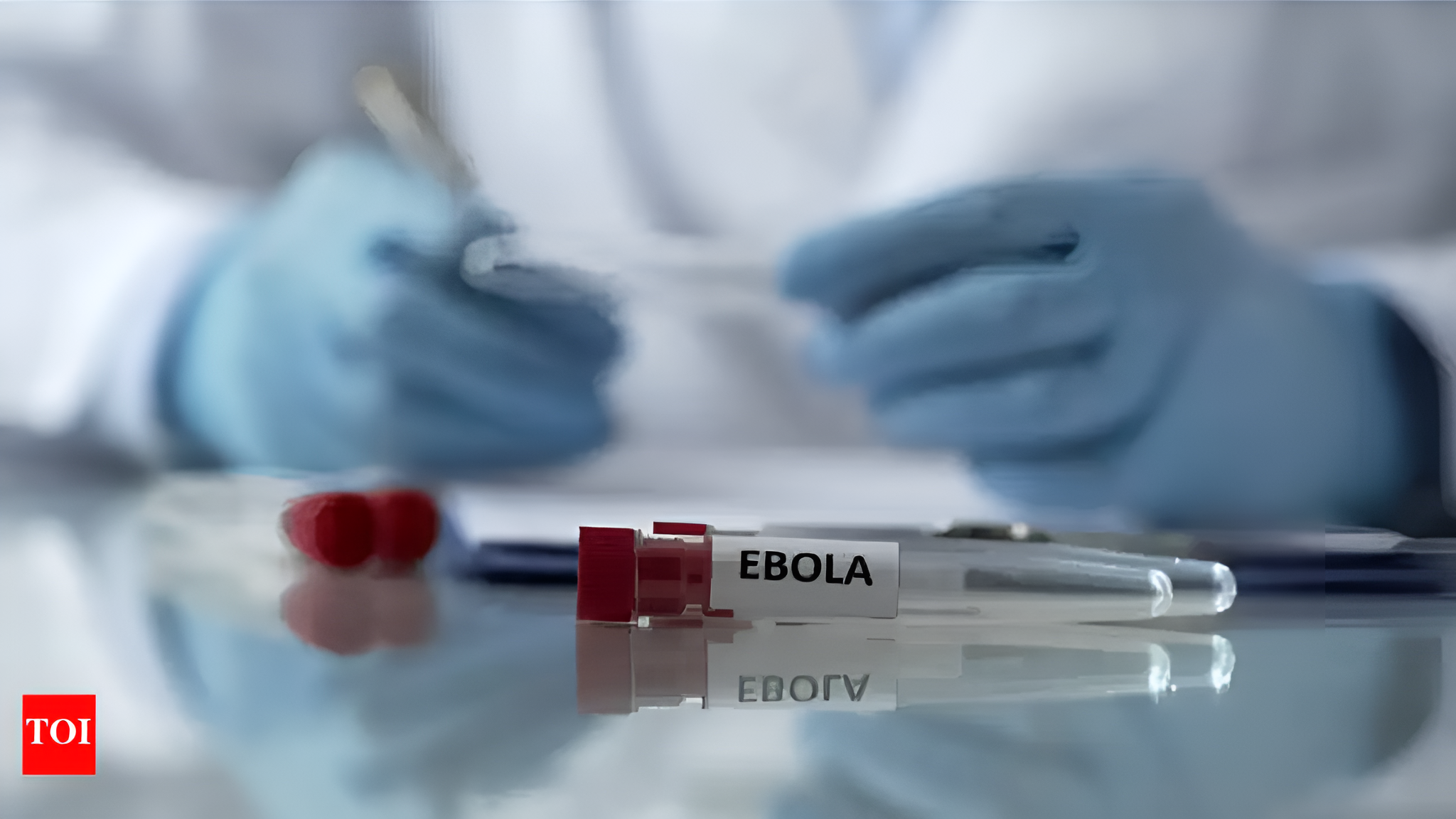Content sponsored by Nextmune
At the VMX 2023 in Orlando, Florida, Thierry Olivry, DrVet, PhD, DACVD, DECVD and head of research and development at Nextmune, discussed how the advent of molecular allergology promises radical changes in the speed, accuracy, and effectiveness of allergy testing and treatment.1
“Predicting clinical evaluations in dogs and cats is inaccurate. And chemically, the base diagnostic procedure is a full trial plus oral provocation—the elimination diet simply allows you to do the provocation; an elimination diet alone is not worth anything,” Olivry said.
Further, food allergy is not a diagnosis, like a bacterial infection. “If I tell you [that] you have a bacterial infection, you don’t know where it is, you don’t know what form,” he pointed out. “It is the same with food allergies, and the food extracts are too insensitive.”
By definition, a food allergy is an immunologic reaction that can go to specific IgE, lymphocytes, or both. It’s a complex syndrome. And in animals, it’s the same situation with different manifestations—some are IgE-mediated, some are cell-mediated.
What is molecular biology?
Molecular biology is a new concept in veterinary medicine. It diagnoses immunoglobulin E (IgE) sensitization. Traditionally, in veterinarian clinics, allergen testing uses an allergen extract with ELISA whereas molecular biology uses individual allergens shown to be relevant. The challenge is extracts have an inherent variability in composition and lack of standardization. And often extracts may not contain the important allergens.
Molecular allergology
In humans, molecular allergology is advantageous for a serial diagnosis. Molecular allergology inherently increases test sensitivity, and it can help define and identify the important allergens and those that are cross-reactive or less important.
“Cross-reactivity is a phenomenon that is not limited to a laboratory,” Olivry said. “It’s an issue when you have an immune reaction to one protein antigen or allergen, and because of that, you have a reaction to proteins that have the same structure.”
In humans, you can predict the clinical evolution and the severity, which is important to help identify better allergens to include in immunotherapy. These advantages are the same for pets, and because the results are more accurate and sensitive, there is more relief for clients’ companion pets. The results are also region-specific and pet-/species-specific.
Moreover, pilot tests in Europe using molecular allergology show a reduction in the number of allergens in formulation by more than 50%, Olivry said.
Reference
- Olivry T. Molecular Allergology: The Future of Allergy Testing and Immunotherapy. Presented at: Veterinary Meeting and Expo. January 14-18, 2023; Orlando, FL.










![Best Weight Loss Supplements [2022-23] New Reports!](https://technologytangle.com/wp-content/uploads/2022/12/p1-1170962-1670840878.png)




